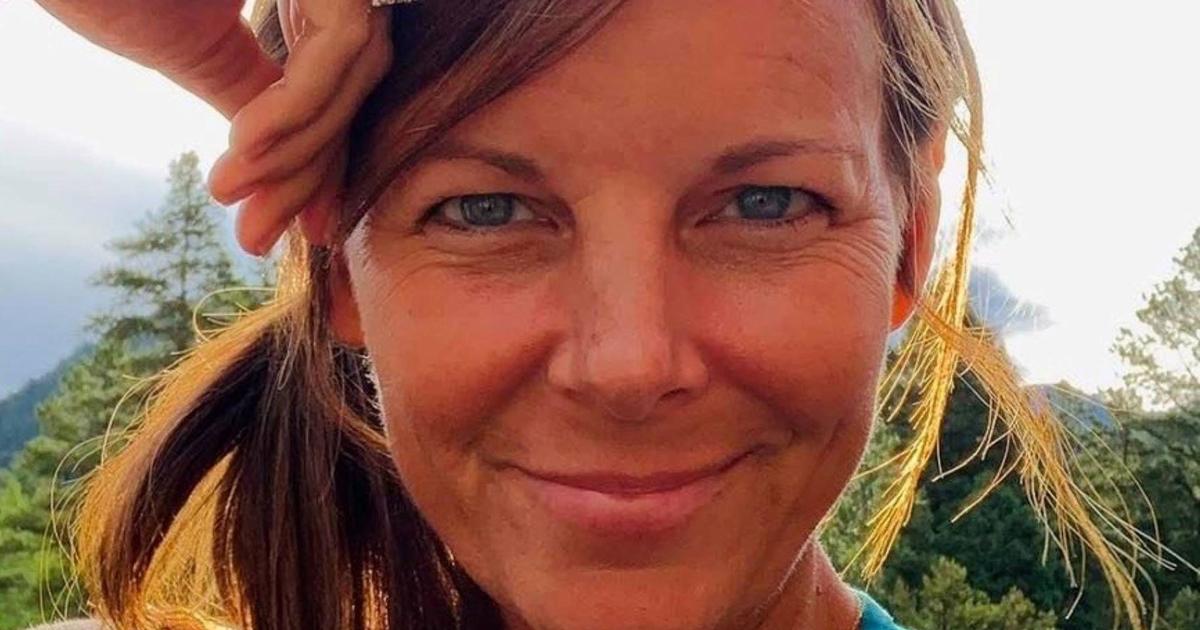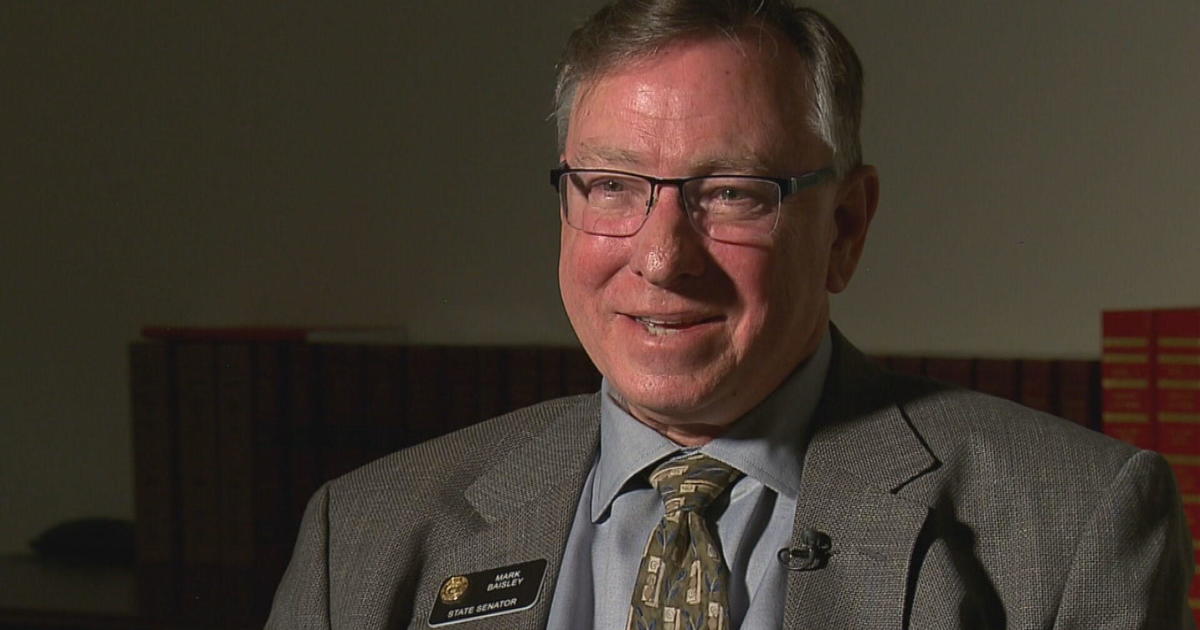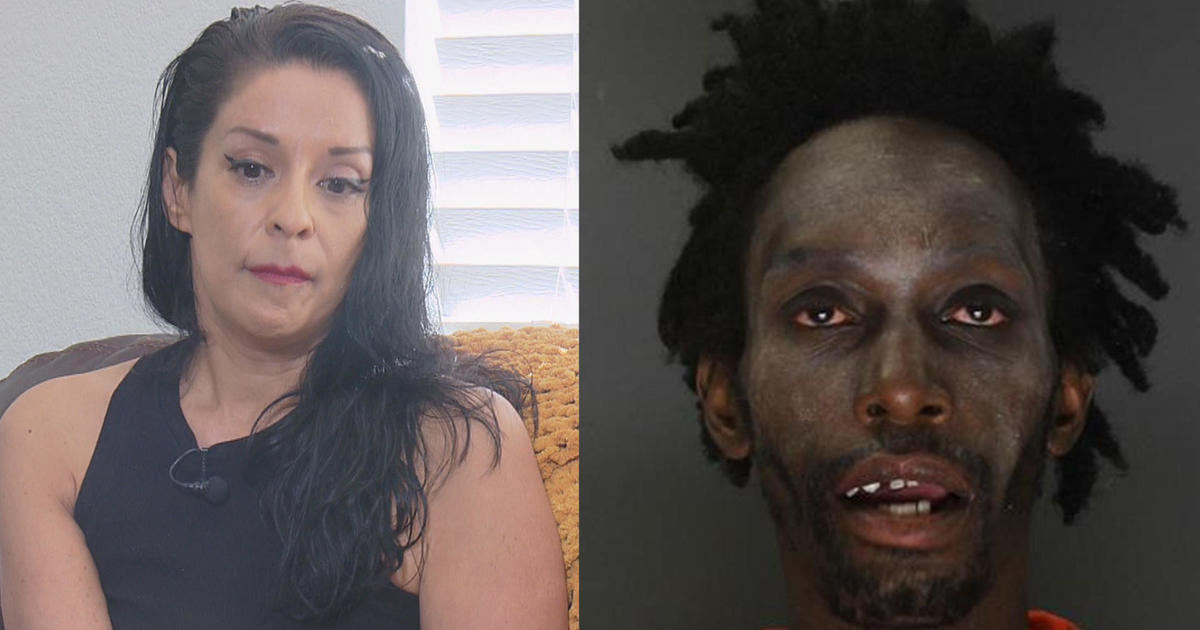Delta County Man Recalls Seeing Berlin Wall Fall
CRAWFORD, Colo. (AP) — At first glance, it seems like just a chunk of concrete.
A ragged-edged piece of junk that belongs in some landfill, long ago separated from the rest of its whole.
But the rubble sitting in the rock garden in front of Horst Kalin's home in Crawford is anything but ordinary. It's a symbol of decades of intimidation and imprisonment, a small piece of a bigger structure wrought with fear and the loss of freedom. A small scrap of a 96-mile-long barrier meant to keep people in and ideas out. People risked their lives to escape its confinement for nearly 30 years.
On the 25th anniversary of the fall of the Berlin Wall, this chunk of history reminds Kalin of his past and what became his future after the war. The 79-year-old still recalls precise details about the aftermath of the fall of the Nazis and the rise of the Cold War.
Kalin was born in Berlin in 1934, and by the time war broke out in Germany, his mother decided to take him to a safer village near the Swiss border. Today, he regrets being an only child, but "she always said she could hide one kid from the Nazis, but not two or three," he said.
His father had been drafted into the German army, and they had no idea what his fate would be, but they knew it was too risky to remain in Berlin, so they headed for Bolsternang.
Kalin doesn't like to use the word "evacuate." Instead, he prefers to say they went on vacation and "forgot to come back."
In the pastoral Bavarian mountains, near Lake Constance, Kalin waited out the war with his mother, his aunt and cousin.
They returned to Berlin in 1946, after his father was released from a prisoner-of-war camp run by Americans, where he had been since his unit surrendered to Gen. George Patton himself.
At the end of the war, the Potsdam Agreement had left one-third of the city under Soviet custody, and the remaining two-thirds were divided into American, French and British zones to establish post-war order. The Kalin home, now located in the French sector of Berlin, had been bombed in air raids, and half of it was obliterated. Twelve-year-old Kalin and his family moved back in anyway — they had nowhere else to go.
At that time, no wall existed. Kalin said everyone knew where the borders were between the sectors, but there was no physical boundary. From June 1948 to May 1949, the East Berliners began to move west, fleeing the Soviet rule and escaping from behind the descending Iron Curtain, which also swallowed Eastern Bloc countries like Hungary, Czechoslovakia and Poland. Disagreements about reconstructing the German government led the Soviets to blockade Berlin and prevent supplies from entering the area. This was the first time Kalin remembers noticing the division between east and west, when people were starving and could not get help because the Soviets had blockaded supplies, during the Berlin airlift.
As soon as he could, Kalin decided to leave Europe. He feared another world war would break out, and he chose to head for Africa (to "play Tarzan") and the Middle East. His adventures took him throughout far-flung locations including Lebanon, Egypt, Iraq, Sudan, Algiers and Kenya. Then he decided to head for the U.S., the "New World." By the time the actual Berlin Wall was erected, he was in Minneapolis, flying with the Air National Guard.
On Aug. 16, 1961, the Soviets permanently closed the border between east and west Berlin, using barbed wire and placing guards along the perimeter.
"They had people jumping out of windows from the east side to the west side, across the street. Those windows were eventually cemented shut," Kalin said.
The wall was later fortified with concrete, as well as watchtowers, guards and what became known as "death strips" — areas with beds of nails, trenches to deter vehicles and armed guards. Germans who were once neighbors were now separated by the border between capitalism and communism.
"I couldn't believe how fast it all went up," he said. "It was practically overnight."
Kalin ended up joining the U.S. Air Force, becoming a citizen in 1963. He eventually worked as an engineer for Martin Marietta and contributed to the Viking program, the first mission to Mars, and retired and moved to Crawford 16 years ago.
By 1989, the 40 years of occupation had elapsed, and rumblings of the wall coming down began to seem serious. Kalin decided to take leave and visit his mother, who still lived in the French sector of Berlin.
He remembers watching the madness erupt at the wall on the TV at his mother's home, as East Berliners climbed on top of the wall, celebrating, and started chipping away at the concrete. It was turning into a riot, and Kalin and his mother decided to watch the historic event in person. They took the bus to the Brandenburg gates and got a front-row seat.
"The (Soviet) cops normally would have shot everyone who got close to the wall, but they just stood there watching," he said.
These were the same soldiers who harassed him for having a mustache in his ID photo and trying to come through Checkpoint Charlie with a clean-shaven face. The same ones who confiscated random things "with no rhyme or reason, just out of plain meanness." And they just watched.
Kalin grabbed pieces of the rubble and stuffed them into his Air Force duffel bags, bringing them back to the U.S. to share with friends. He snapped photos of the crowd, of the police standing by, watching the celebration in the streets.
The whole time the wall stood, dividing Berlin and holding up its part of the Iron Curtain, Kalin tried to ignore it. He called it a monstrosity, an eyesore. The day it came down was the first and last time he took photos of it.
The last time Kalin visited his hometown in 1999, he was happy to see it vibrant and reborn.
"The cultural nouveau of the city was kept intact in reconstruction," he said. "And I was happy to see that, after all that has happened."
And 25 years after the fall of the Berlin Wall, he's happy that all that remains of the "monstrosity" is a few scars and a few innocent-seeming chunks of concrete.
- By ERIN MCINTYRE, The Daily Sentinel
(© Copyright 2014 The Associated Press. All Rights Reserved. This material may not be published, broadcast, rewritten or redistributed.)



